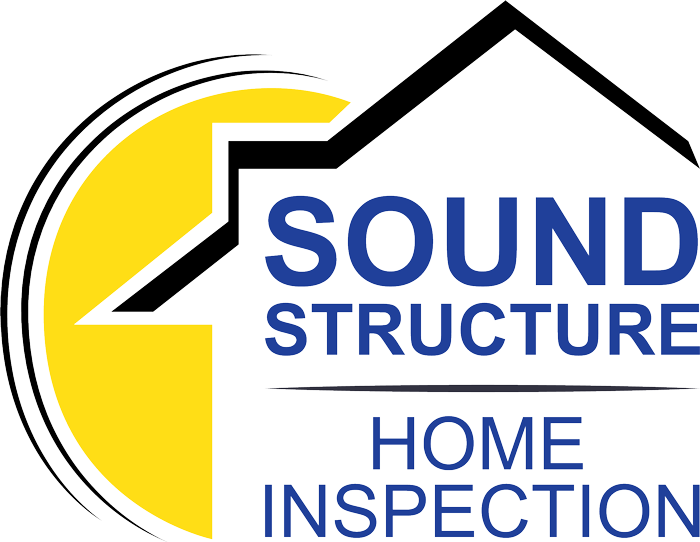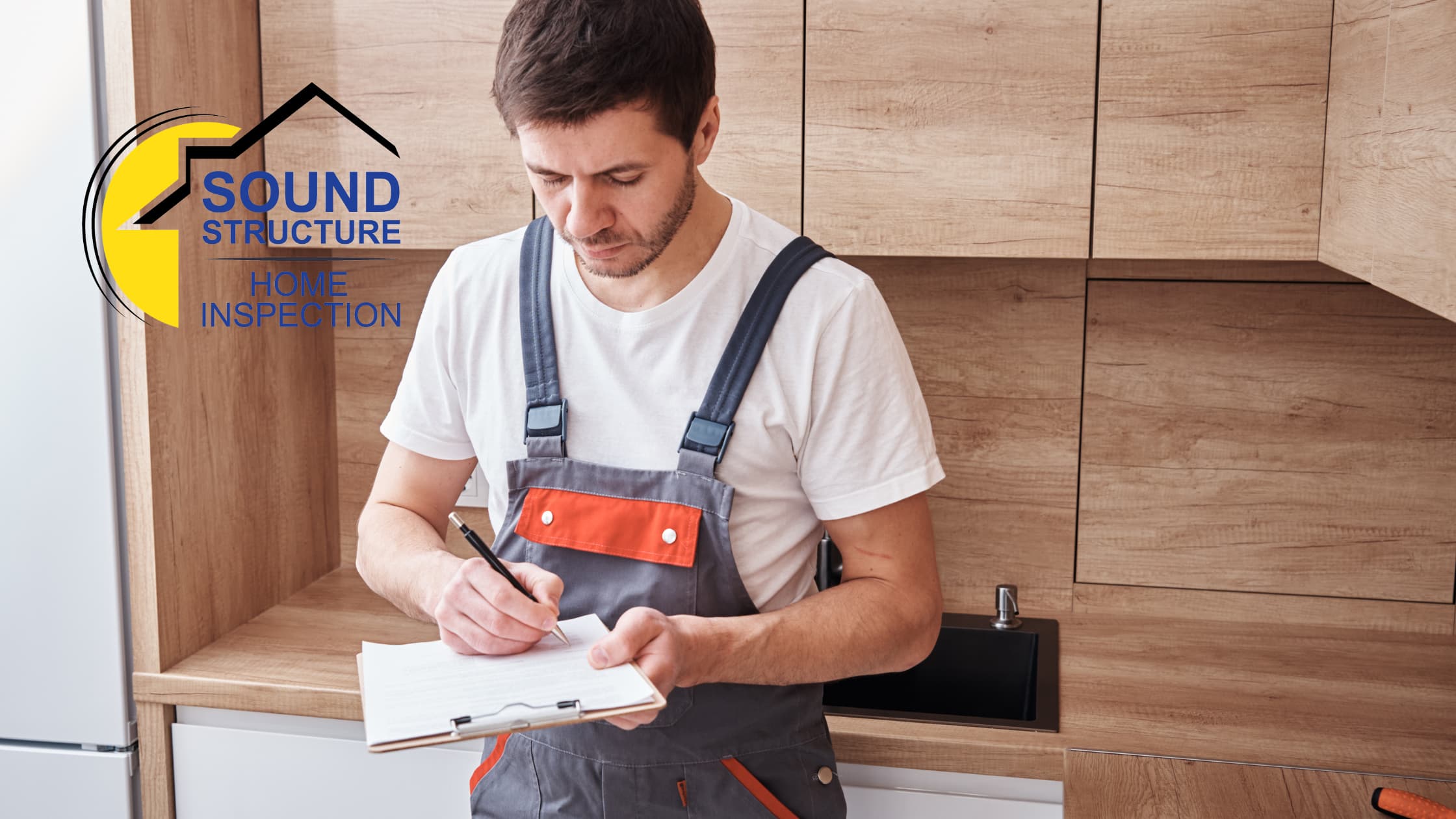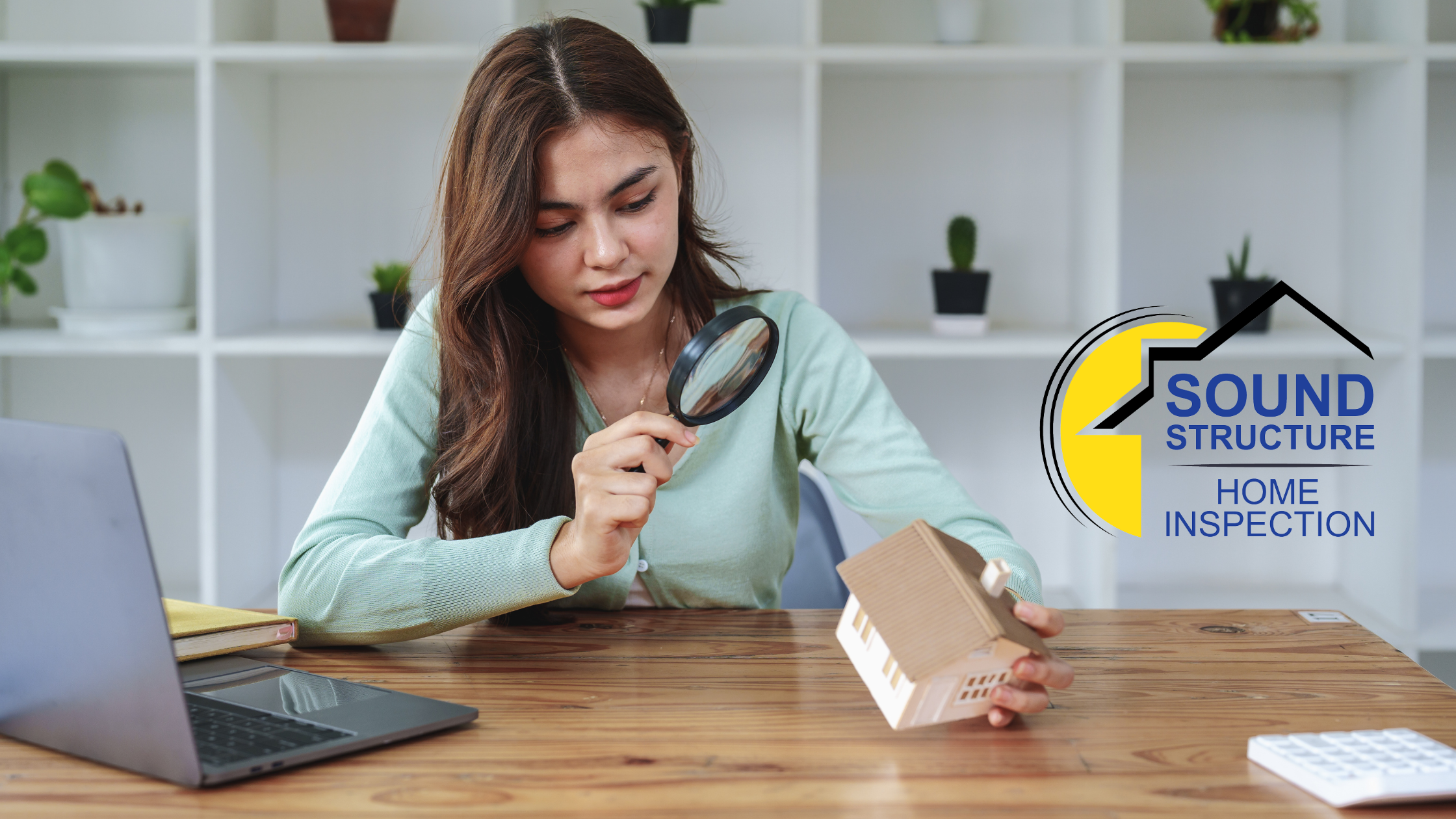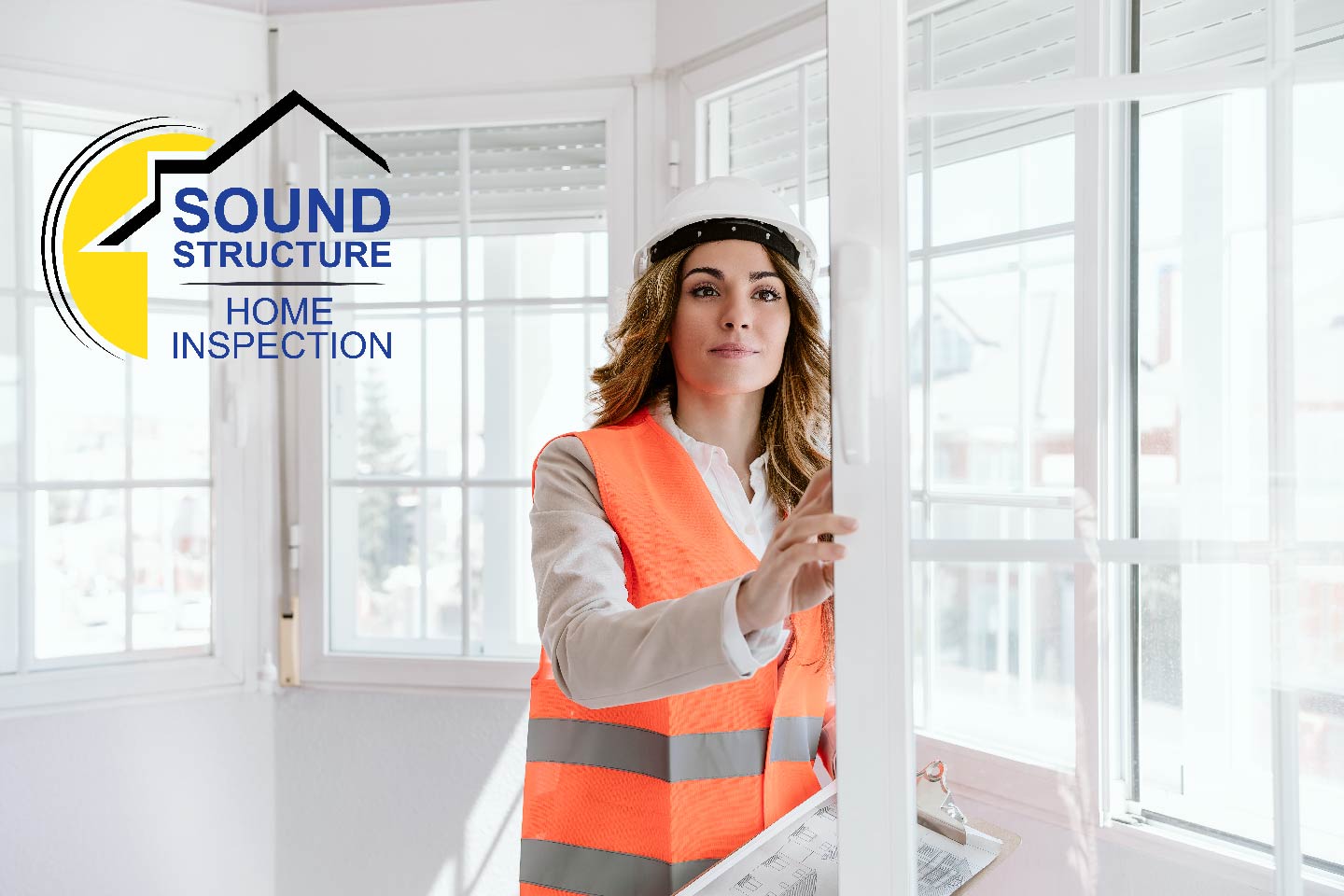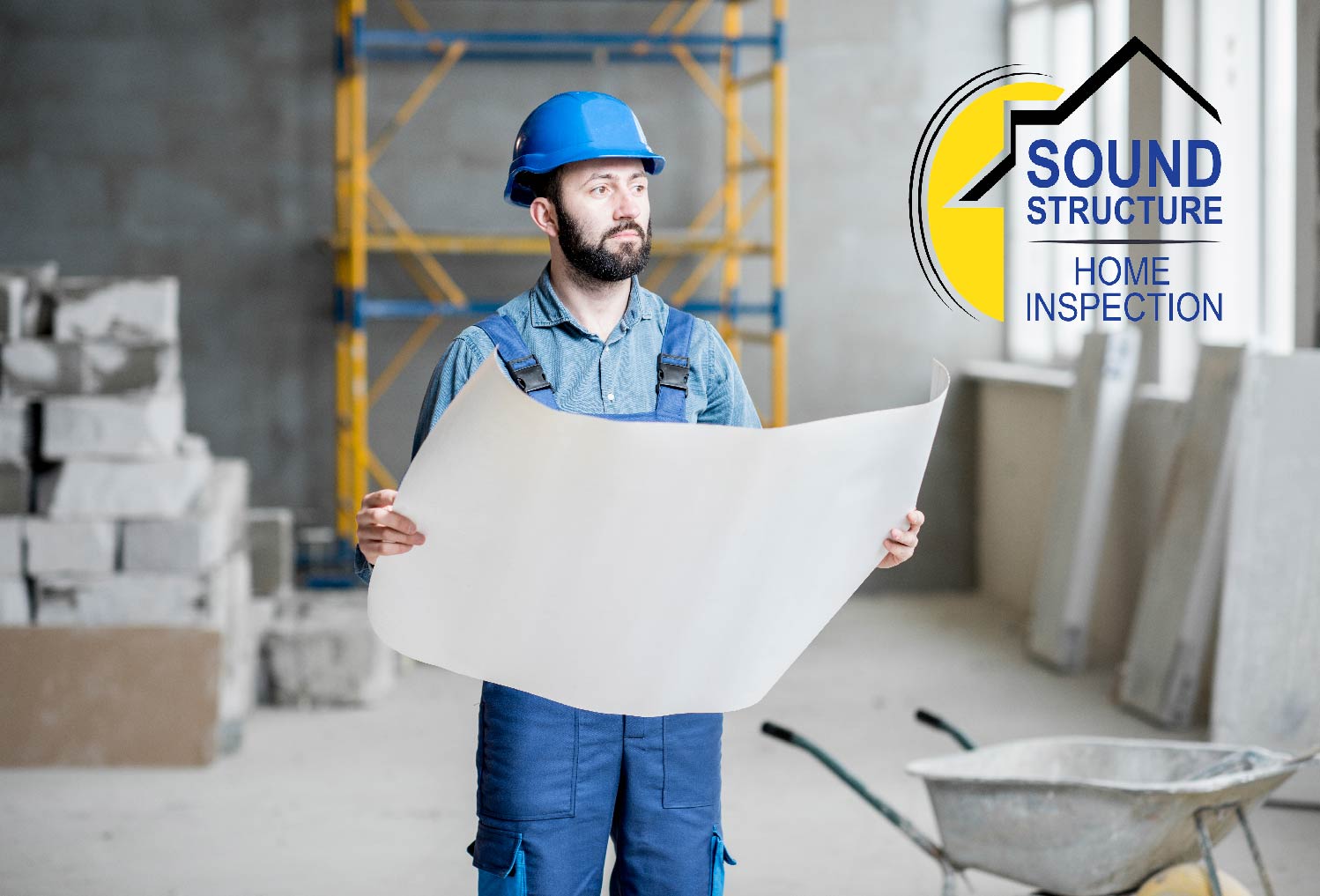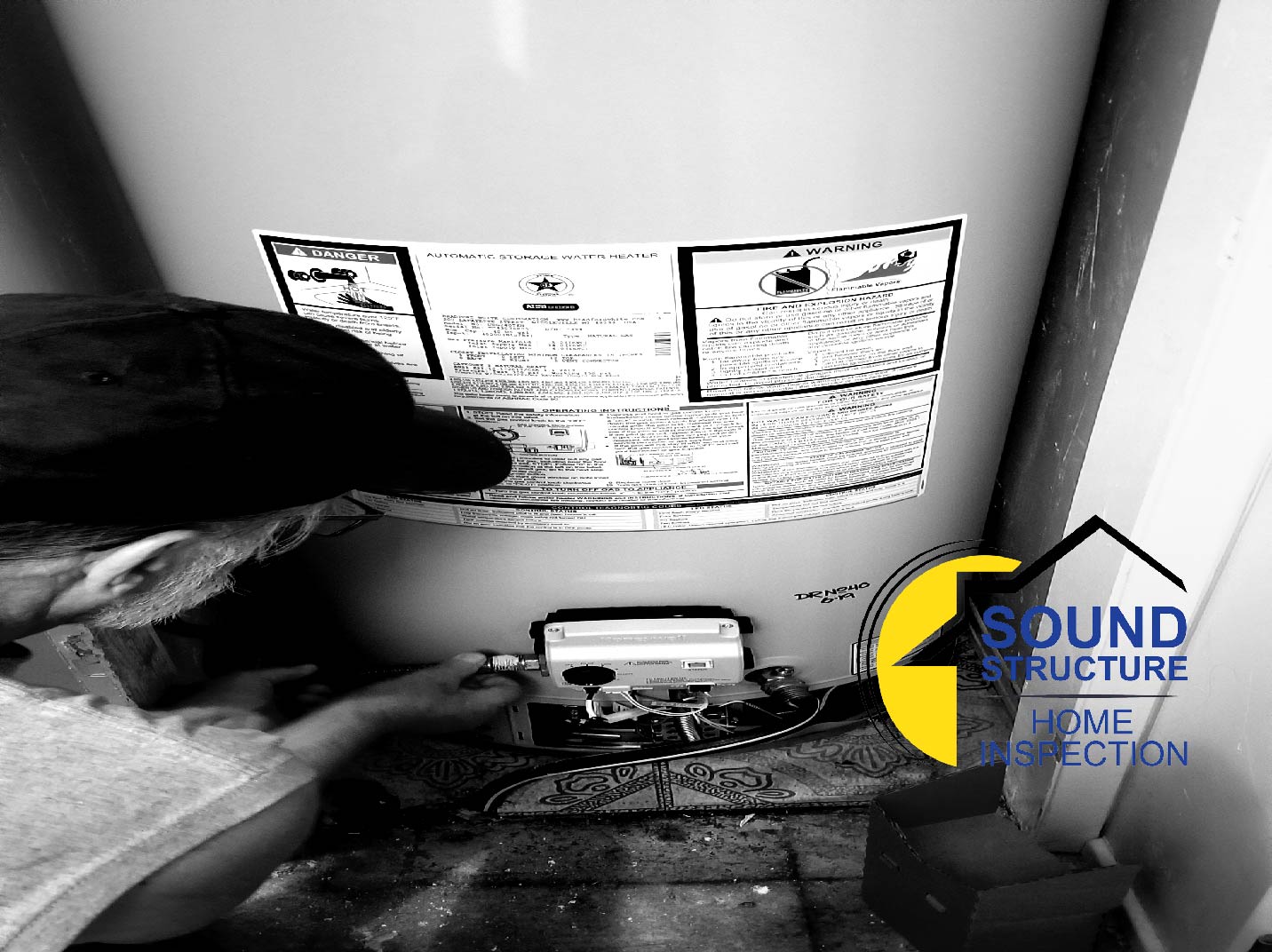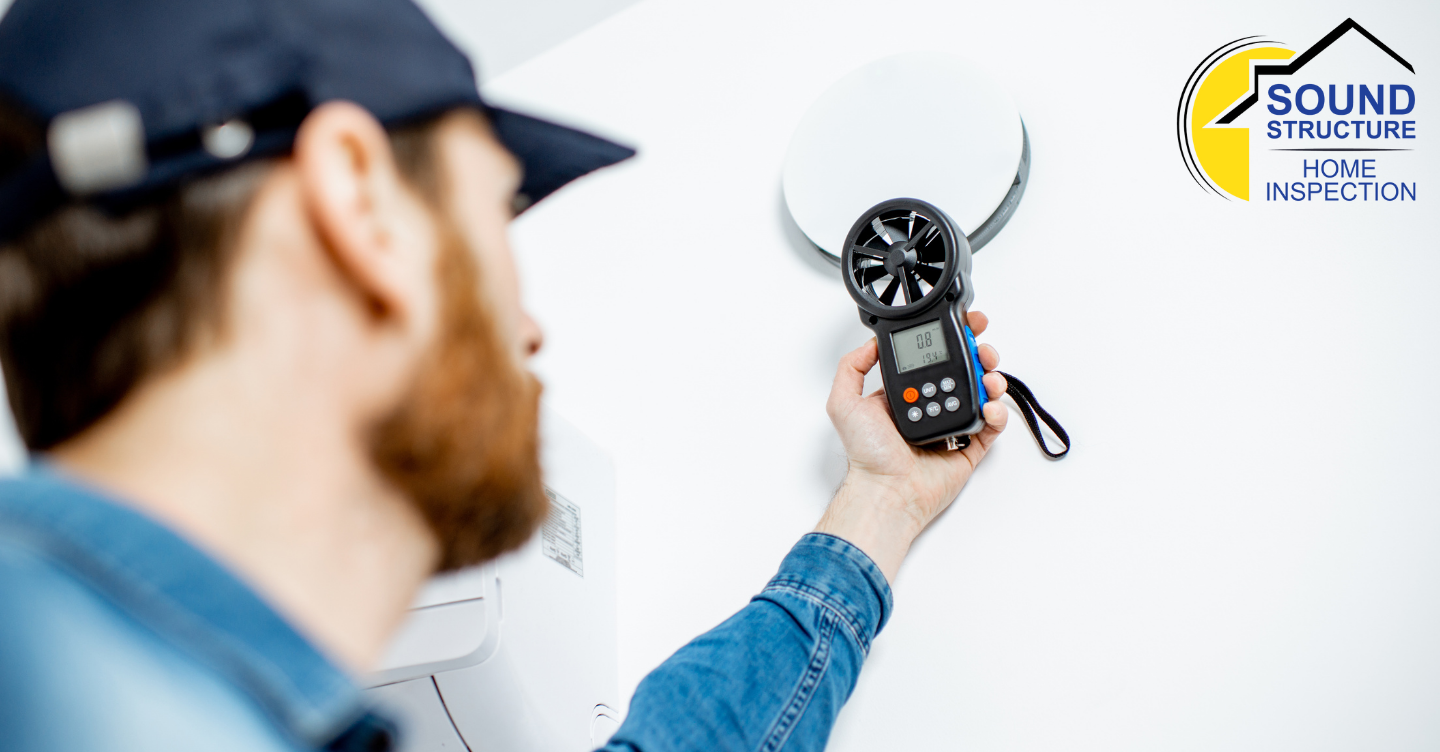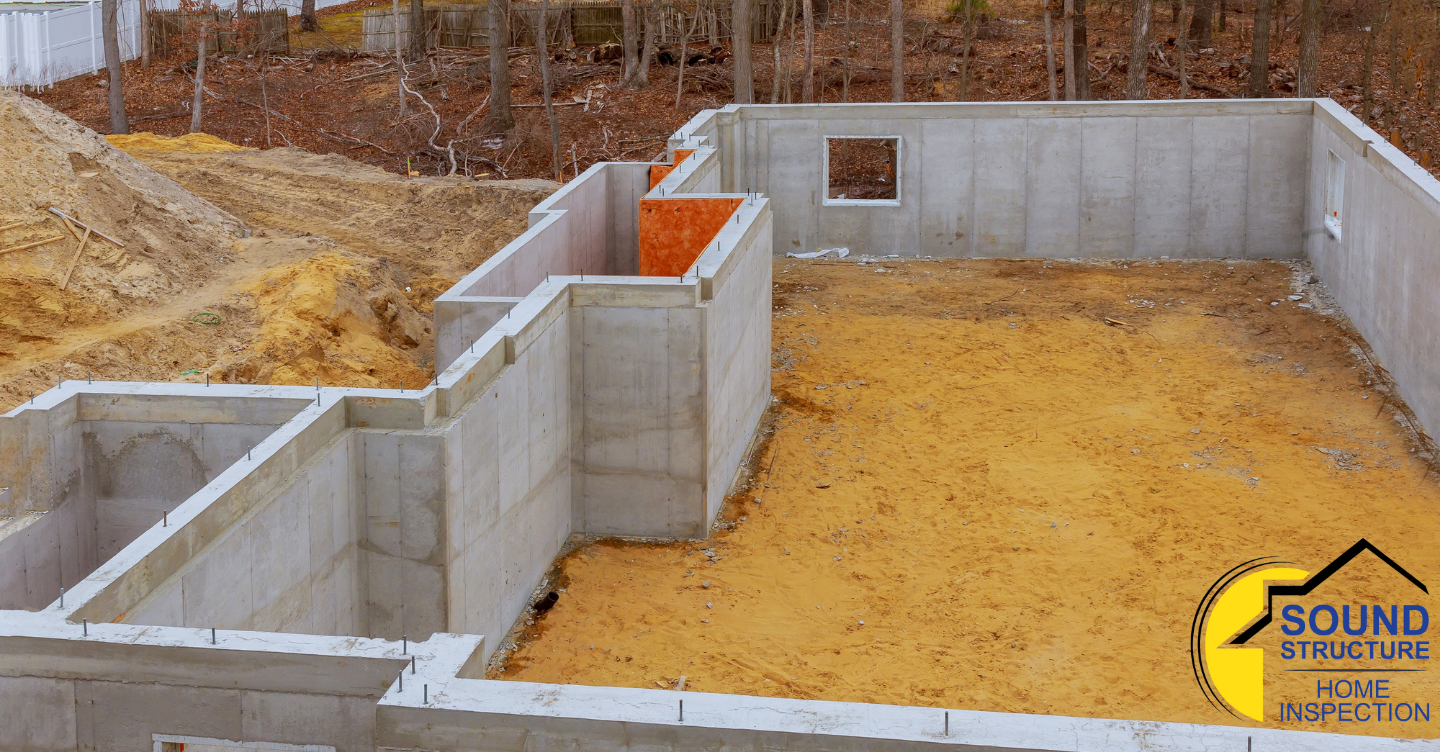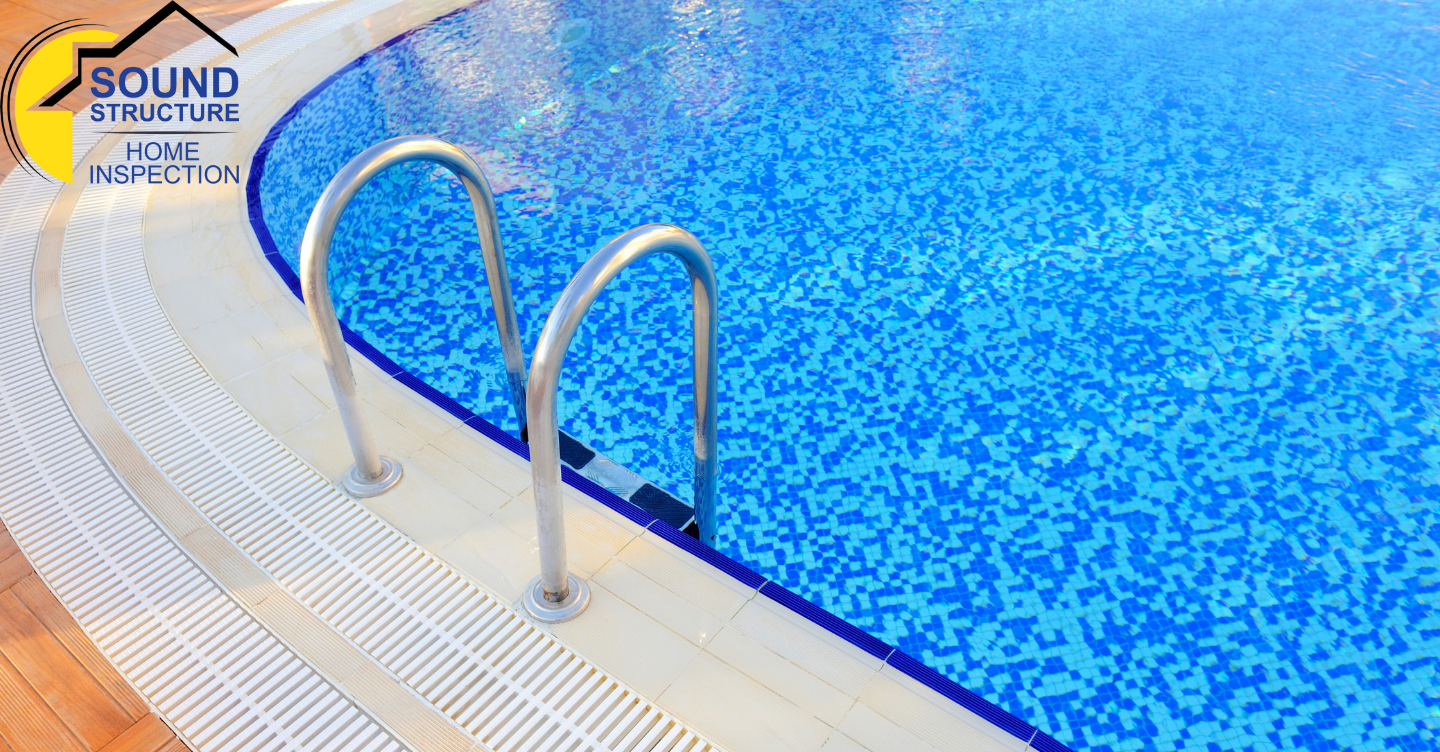Why Not All Home Inspectors Are Alike
There are many factors that you need to consider when you are hiring a home inspector. Some people think that any inspector will do, but that is not the case. There are different types of home inspectors with different levels of experience and expertise. Sound Structure Home Inspection has inspected over 6000 homes and has over 20 years of experience in construction and maintenance management. That is why Sound Structure Home Inspection is the best choice for your inspection needs.
Here are some things that you should keep in mind when you are looking for a home inspector:
Not all home inspectors have the same qualifications.
There are many different qualifications that a home inspector can have. At Sound Structure, we believe that it should be mandatory that an inspector have worked in the trades for years and then get the certifications required to become a licensed inspector. We have numerous licenses and certifications related to inspection and construction. Certifications are just part of being a good inspector. These certifications show that the inspector has taken extra steps to improve their skills. Make sure to ask about the qualifications of the home inspector before you hire them.
Not all home inspectors have the same level of experience.
Not all home inspectors are alike because not all states have the same requirements for licensure or certification. This means that some home inspectors may have more training than others. Additionally, some home inspectors may specialize in certain types of properties, such as historic homes or new construction homes.
When you’re choosing a home inspector, it’s important to do your research and choose someone who is qualified and has experience inspecting homes like yours. Be sure to read reviews from past clients and ask for referrals from people you trust. Even if two home inspectors have the same qualifications, they might not have the same level of experience. You should always ask how long the inspector has been working in the field. An experienced inspector will be able to spot potential problems more easily than a newer inspector.
Not all home inspectors charge the same fees.
The fees that a home inspector charges can vary depending on their qualifications and experience. Make sure to get a few quotes from different inspectors before you make your decision.
Not all home inspectors provide the same services.
Some home inspectors will only provide a basic inspection while others will offer additional services such as mold testing or radon testing. Make sure to ask about all of the services that an inspector offers before you hire them so that you know what to expect.
Conclusion
As you can see, there are many factors that you need to consider when you are looking for a home inspector. Not all home inspectors are alike, so it is important that you take your time and do your research before making your decision. A good place to start is by asking for recommendations from friends or family who have recently bought a house. You can also look for online reviews from previous customers. Once you have found a few potential candidates in the Tequesta, FL area, be sure to ask about their qualifications, experience, and fees. By taking your time and doing your research, you can be sure to find an inspector who meets your needs.
